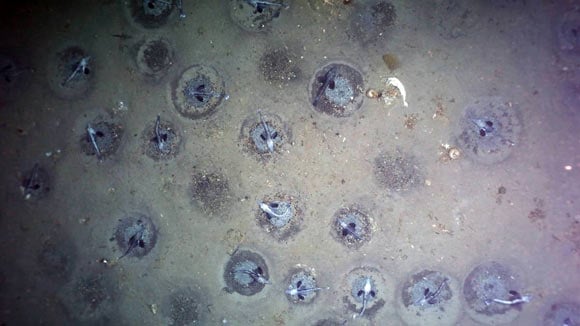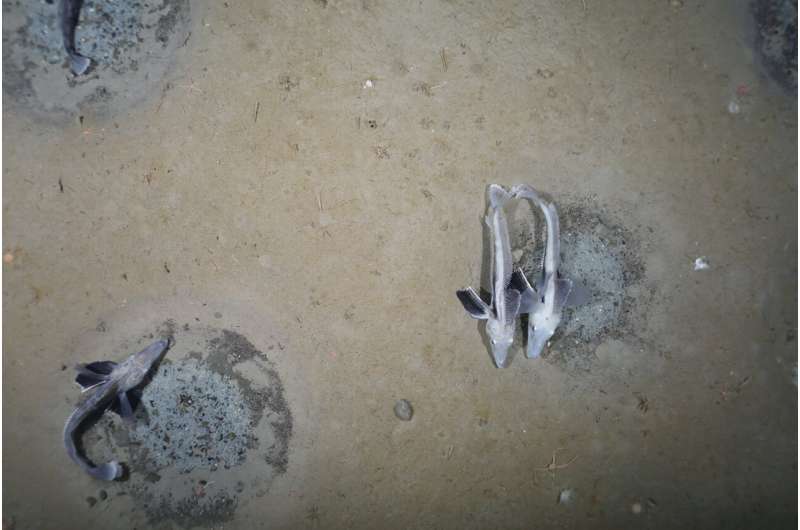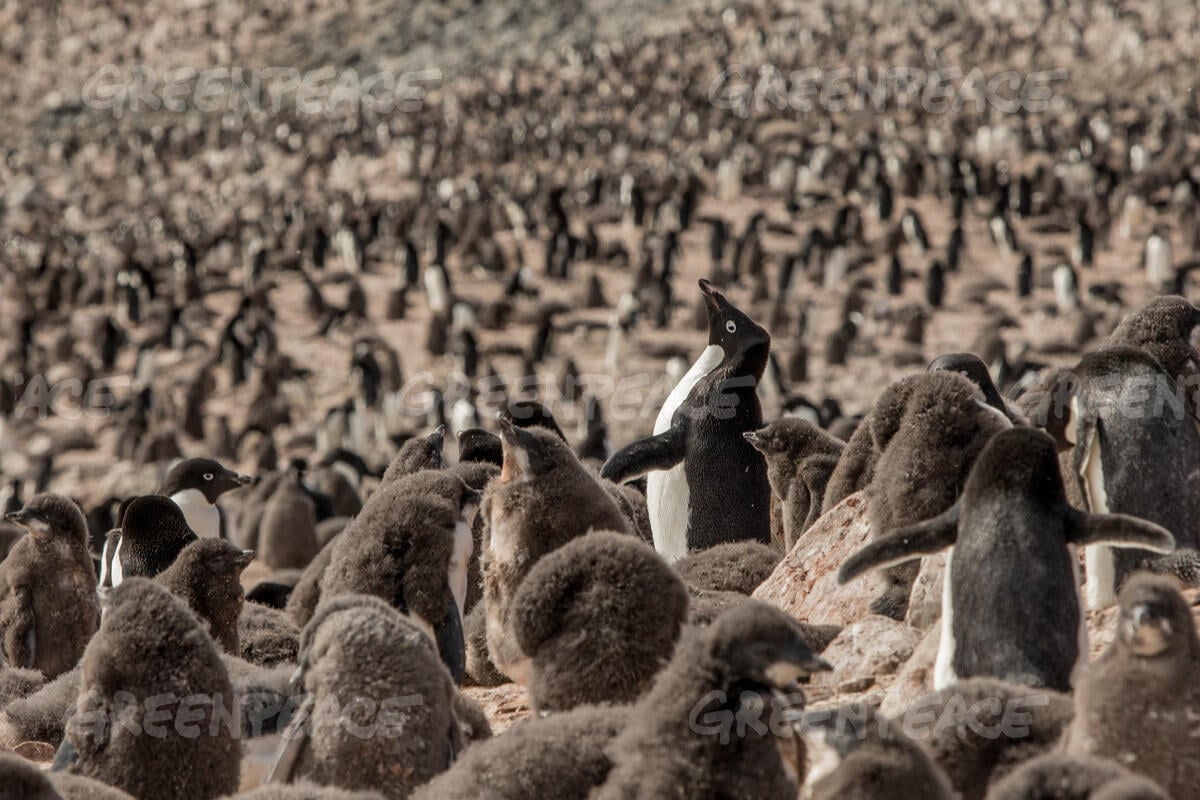
The Weddell Sea, an extension of the Southern Ocean off the coast of Antarctica, is known for its abundant wildlife. The 1,242-mile (2,000-km) bay's nutrient-rich waters are home to large populations of seals, penguins, and baleen whales. Now, researchers have uncovered a trove of 60 million icefish nests sprawled across 93 square miles (240 square kilometers) of the seafloor. The nurseries — each guarded by a ghoulish-looking adult — constitute the fish's largest-known breeding colony.
The unprecedented discovery was made in February 2021, by Alfred Wegener Institute scientists on an expedition to study the Wedell Sea's ocean currents and carbon cycles. Lilian Boehringer, a graduate student at the institute, was monitoring the seafloor when she noticed some circular fish nests ringed with stones on the seabed. To her surprise, the structures, which resembled small bowls carved in the seafloor mud, continued to appear on the camera feed for almost four hours. "The camera was moving [across the seafloor], and it just didn't stop. They were everywhere," Böhringer told Live Science.
Subsequent passes over the site revealed that the approximately 75-cm-wide nests — each containing about 1,700 eggs — belonged to a type of crocodile icefish (Neopagetopsis ionah). Native to the frigid waters of the Southern Ocean, icefish are the only known vertebrates to completely lack hemoglobin in their blood, earning them the moniker "white-blooded fish."
The researchers say it is not unusual to find clusters of icefish nests. However, a community this large has never been seen before. They speculate that the area's water — which is two degrees Celsius warmer than the surrounding seabed — may explain its popularity as a nesting ground. The abundant plankton for the adult fish to feed on could also be a factor. The icefish carcasses found in the area suggest that the massive colony is an integral part of the local ecosystem, most likely serving as prey for the Weddell seals.

The scientists, who published their findings in the journal Current Biology on January 13, 2022, have set up two station cameras to monitor the nests. They plan to return to the region in April 2022 for follow-up research.
A separate, but equally exciting, study by researchers from Stony Brook University on Greenpeace's Antarctic expedition revealed that the vast colonies of Adélie penguins in the remote Weddell Sea have remained stable in the last decade. This suggests that the area provides the animals an important shelter from the impacts of climate change.

Experts assert that the recent findings provide further evidence of the need to declare the Weddell Sea a Marine Protected Area (MPA). The proposal, put forward by Germany, has been under consideration for over a decade. However, it has yet to receive approval from the Antarctic Ocean Commission (CCAMLR) — a consensus-based organization consisting of 25 countries and the European Union.
Resources: Livescience.com, greenpeace.org, sci-news.com